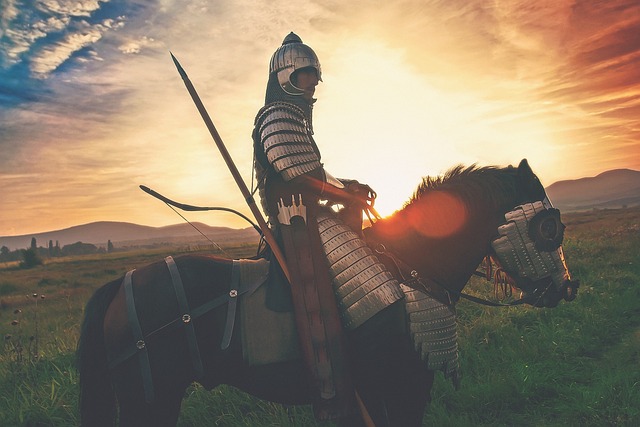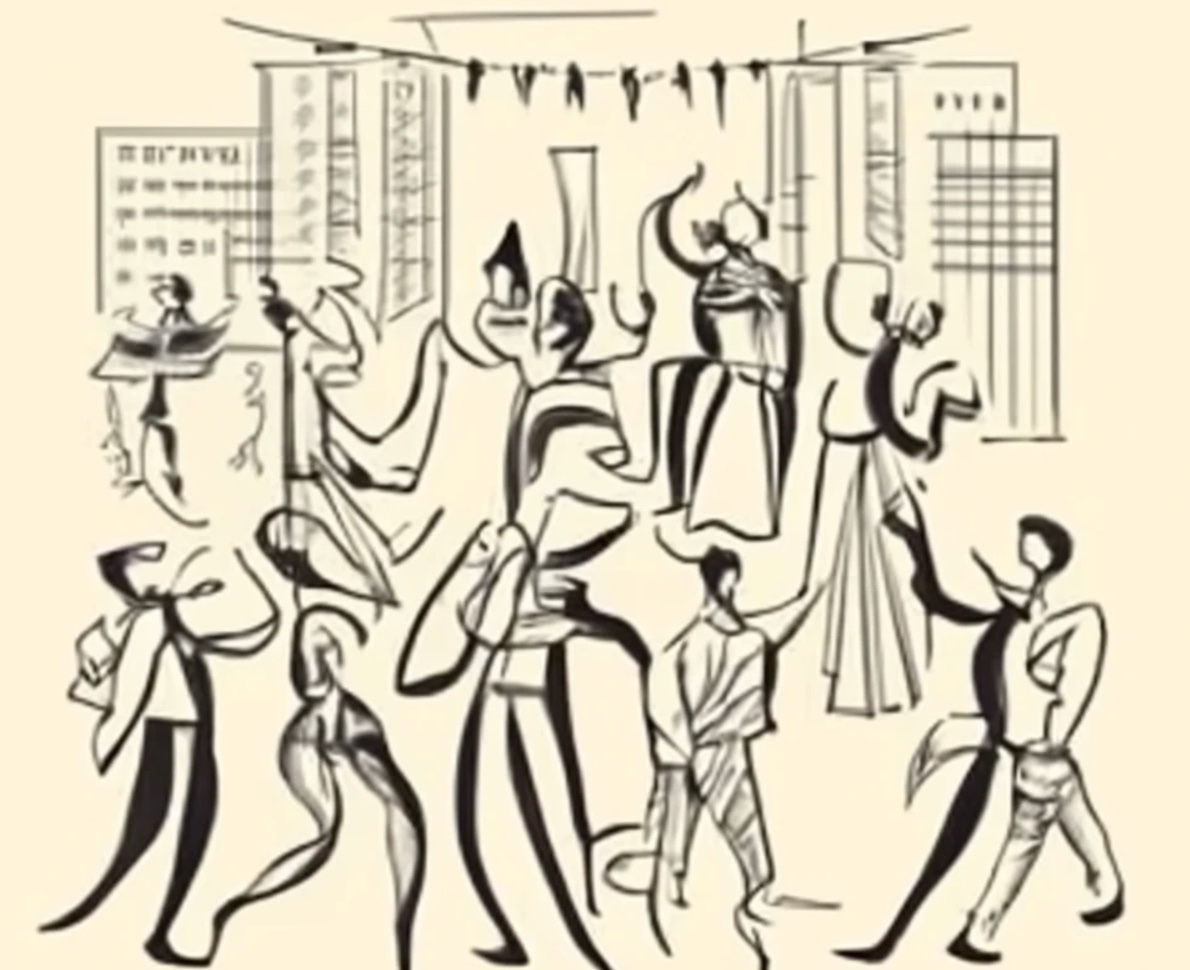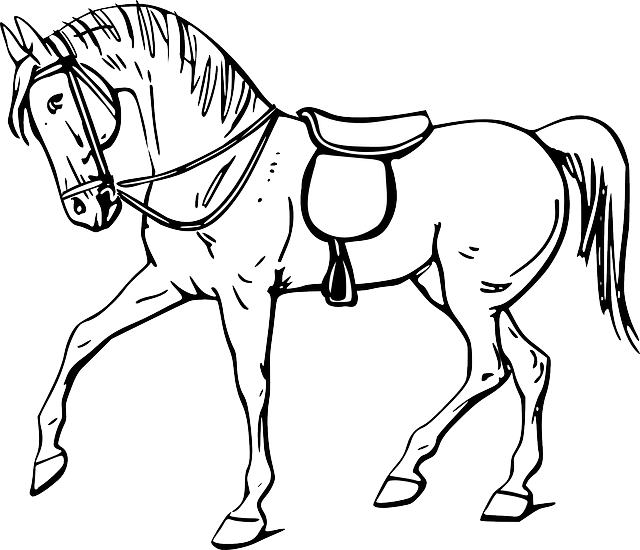20 Years of the Aintree Grand National Winners (2005 – 2025)
 If you are reading this article, the 2025 Aintree Grand National may be on the horizon. Perhaps you are interested in placing a bet on the most famous steeplechase of them all. I remember watching my first National bet back in 1981.
If you are reading this article, the 2025 Aintree Grand National may be on the horizon. Perhaps you are interested in placing a bet on the most famous steeplechase of them all. I remember watching my first National bet back in 1981.
Aldaniti and Bob Champion won at odds of 11/1.
The Grand National is probably one of the most famous races, not so much about the performance beyond winning, but the personal story of horse and jockey, who, to put it lightly, had been through the mill. Make no mistake, it take brains and brawn to win this hard race. Not forgetting a good amount of luck, or, at least, no bad luck.
I’m not surprised why most National Hunt jockeys have no teeth!
When you consider the National goes back to 1839, there are many stories, most you never know existed. Stories from the glorious to the downright heartbreaking if not horrendous.
If there is one good thing about this modern era of information and scrutiny, we know most of the fact and understand the stories.
The Aintree Grand National is a race of stories and of course the stories of winners. Here’s a list of Grand National Winners from the last 20 years:
- 2024 – I Am Maximus
- 2023 – Corach Rambler
- 2022 – Noble Yeats
- 2021 – Minella Times
- 2019 – Tiger Roll
- 2018 – Tiger Roll
- 2017 – One For Arthur
- 2016 – Rule The World
- 2015 – Many Clouds
- 2014 – Pineau De Re
- 2013 – Auroras Encore
- 2012 – Neptune Collonges
- 2011 – Ballabriggs
- 2010 – Don’t Push It
- 2009 – Mon Mome
- 2008 – Comply or Die
- 2007 – Silver Birch
- 2006 – Numbersixvalverde
- 2005 – Hedgehunter
- 2004 – Amberleigh House
The winner of the 2025 Grand National is yet to be decided, with current contenders including I am Maximus again, Inothewayurthinkin and Iroko (JP McManus owned).
Let’s take a look at the 20-year period and detail the story of 3 horses from 2002 – 2024. We will tell the story of winners, losers and sadly one horse who lost its life. It is important we don’t neglect to tell the truth even when difficult to read.
2009 – Mon Mome 100/1
It wouldn’t be fitting not to detail a big priced winner. Surely, that is the hope for many punters. Ridden by Liam Treadwell, trained by Venetia Williams, in the ownership of Vida Bingham. The nine-year-old carried a weight of 11:00. To be fair, it was an easy 12-length victory.
2021- Minella Times 11/1
The story here is very much about horse and jockey, if not the latter. Rachael Blackmore is the first woman jockey to win the Aintree Grand National. A historic moment for many reasons. The eight-year-old gelding trained by Henry de Bromhead in the ownership of J.P.McManus.
It took 173 runnings for a woman to ride the National winner.
Some 38 years after Jenny pitman became the first female trainer with Corbiere in 1983.
In truth, this victory reminds me of a quote from Sir Isaac Newton: ‘If I have ever seen further, it is by standing on the shoulder of giants’.
This victory was built on the blood, sweat and tears of her peers.
The fact was female jockeys were discriminated from riding in the National with the mentality it was no race for a woman. It would take the 1975 Sex Discrimination Act to promote equality. In fact, it took until 1977 for the first female rider Charlotte Brew and her mount Barony Fort to get people talking. It should be noted, and it is important to understand, she owned the horse, basically, because no trainer would give her the same opportunity. The pair nearly finished the race. Barony Fort refused the 27th fence.
In 1982, Geraldine Rees, riding Cheers, was the first woman to complete the course, finishing 8th place. He was trained by Martin Blackshaw in the ownership of John Wade. At the time of writing, 2024, there have been just 20 female jockeys to participated in this race. In a world of ‘equality’ progress has been slow.
2023 – Hill Sixteen
Sadly, horse racing, especially the National Hunt, has to broach the difficult question of animal welfare and the loss of horses. To be fair, it is one reason I haven’t bet on the Grand National for many years. Thankfully, the National is a much safer course than back in the day when one of the fences was actually a wall! I respect the debate and it is something we should all consider even if the answers are difficult to find.
Since 2000, there have been 16 horses fatally injured while participating in the Aintree Grand National.
I write those words with sadness.
On the 15th April 2023, Hill Sixteen lost his life when fatally injured falling at the first fence. The 10yo bay gelding was ridden by Ryan Mania, trained by Sandy Thomson, in the ownership of J Fyffe & S Townsend.
Hill Sixteen was sold as a 5yo for £100,000.
The loss of this gelding saw a change to the course with the first fence moved some 55 metres closer to the start. It was considered the speed many horse met the first fence had lead to fatalities. Also, reducing the size of the field from 40 to 34.
Thomson said of the changes: ‘It makes sense to me.’
Hill Sixteen had jumped 398 hurdles and fences in 27 races at 15 different racecourses over four years and he never fell once.
His death was met with empathy and floods of bile and hatred.
Sadly, Hill Sixteen had broken his neck.
Thomson said: ‘The screens were up around him and he was covered in a sheet. I just got down beside him and stroked his neck and thanked him for everything he’d done for us. I said sorry. ‘
‘He was a special horse to everyone here.’
 Since 1839, the Aintree Grand National has been a race to capture the imagination. Horse trainers, jockeys, owners and punters don’t feel complete until the day they have tasted victory in the most famous steeplechase in the world.
Since 1839, the Aintree Grand National has been a race to capture the imagination. Horse trainers, jockeys, owners and punters don’t feel complete until the day they have tasted victory in the most famous steeplechase in the world. The 1990s UK saw a transformative time. Margaret Thatcher was succeeded by John Major at the beginning of the decade.
The 1990s UK saw a transformative time. Margaret Thatcher was succeeded by John Major at the beginning of the decade. With the ending of World War I and formal signing of The Treaty of Versailles on the 28th June 1919, it was a period of social, political and cultural change.
With the ending of World War I and formal signing of The Treaty of Versailles on the 28th June 1919, it was a period of social, political and cultural change. The Wall Street Crash in 1929 had a major impact on the 1930s in the UK and across the world. The depression led to over 3 million unemployed, widespread poverty, and social unrest. It was a time of tension between workers and employers.
The Wall Street Crash in 1929 had a major impact on the 1930s in the UK and across the world. The depression led to over 3 million unemployed, widespread poverty, and social unrest. It was a time of tension between workers and employers.